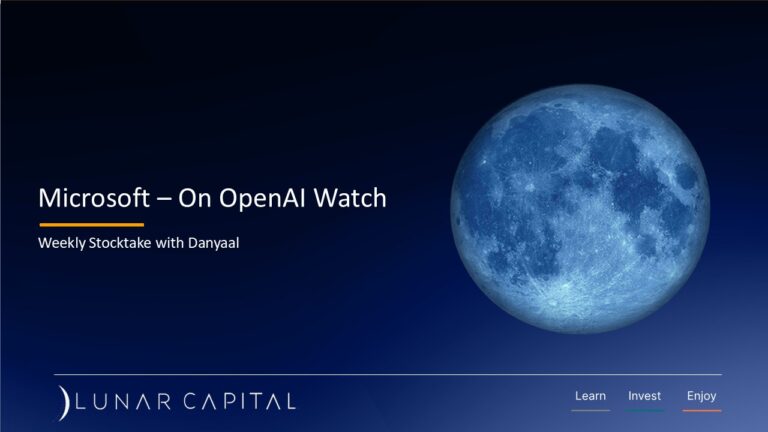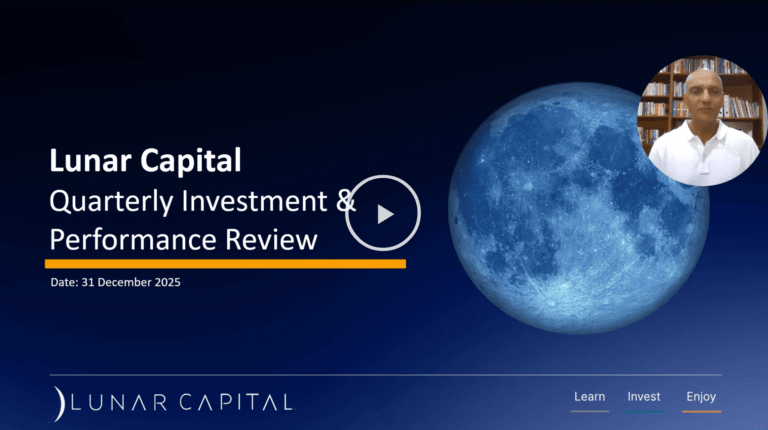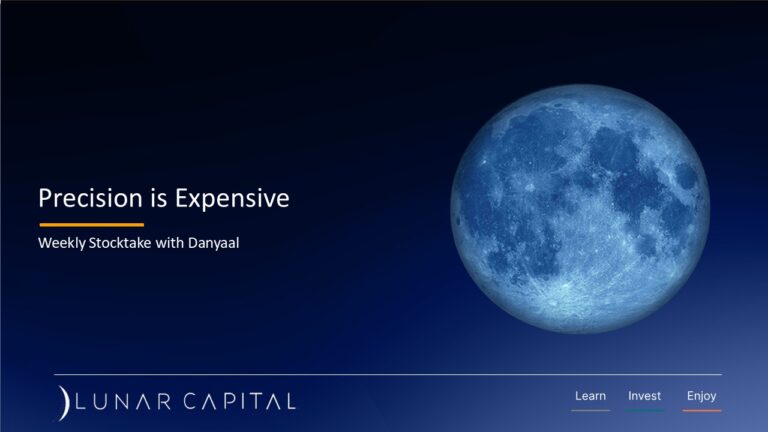“Rule No. 1: Never lose money. Rule No. 2: Never forget rule No.1” Warren Buffett
What does Buffett mean when he says that the first rule of investing is never to lose money, and the second rule is to never forget the first rule? Has Buffett never lost money?
To answer the second question first: over his investing career and his portfolio as a total, Buffett has not lost money. In fact as we all know, he has had spectacular gains. However, there have been periods when he has lost money and he has also invested in some companies that had to be sold at a loss.
So, to get back to the first question: what does Buffett mean when he says don’t lose money? What he means is that one should not approach investing in a frivolous way. Investing is not like gambling, it requires a systematic approach, careful analysis and an expectation that one’s analysis could be wrong or that unforeseen risks may be lurking in the future. One of his investing guidelines is to try and identify a margin of safety in any investment that he makes. The margin of safety is one way of trying to manage the risk in any investment.
Investing and risk management are two sides of the same coin – they go together.
Risk is not binary
Many investors think about risk in a binary manner, i.e. either something will happen or it won’t. For example, you will buy a listed company because you think that the share price will rise. But, after you do your analysis and you assess that the price that the share is trading at offers good value, a number of scenarios can play out:
- The share goes up exactly as you analysed. However, this is not how it pans out most times;
- The share could go up more than what you thought. This is a positive risk and is sometime termed as an upside risk;
- The share could go up by less than what you thought;
- The share could stay more or less the same;
- The share could go down;
- Etc.
Any number of factors could cause any of the above scenarios:
- Unanticipated risks could have materialised;
- Other investors either correctly or incorrectly may have an opposite view to you and this impacts the share price;
- Your analysis may have been flawed;
- Regulatory changes;
- Etc.
So, when one thinks about risk in a binary way, this is really very flawed way of thinking. Risk is in fact a range of probabilities that different outcomes may occur. Your analysis suggests the most likely (i.e. highest probability) outcome, which may or may not occur. Even lower probability outcomes may occur. And, these may occur for rational or irrational reasons.
One of the key tenets then of risk management is to assess how different scenarios may or may not play out over time in your portfolio. Rather than betting that an event will occur, assess the different scenarios and position your portfolio in a way that reflects the different probable outcomes. A good example would be in the South African context: assume that you are thinking that the Rand will weaken against major currencies over a 2-3 year period by 20% to 25%. In this case, if you were 100% sure that this will occur, then arguably you should have all your investments in Rand hedge shares.
Now let’s play out the above position, assuming everything else stays the same:
- If the Rand does weaken then arguably you should get the benefit in your portfolio of whatever the Rand has declined by. In fact, you wish that the Rand can weaken a lot, so that you can get the benefit (in Rands) in your portfolio. In this case, you are a hero! Crazily, poor risk management resulted in a good outcome!
- Let’s take the opposite scenario: the rand actually strengthens. In this case your portfolio loses by the value of the rand strengthening. The more the Rand strengthens, the more you lose in your portfolio. In this case, you are an idiot! You have broken Rule No. 1.
Remember, that even a small probability of an event happening could occur.
Arguably then, if you thought that the Rand was going to weaken, but if your conviction was not 100%, say 70% chance of weakening and 30% chance of strengthening, then perhaps you should have some (approximately 30%) of your portfolio in shares that would benefit if the Rand strengthened.
In this case, you would be neither hero nor idiot; maybe a little better off if the Rand weakened, and a little less well off if the Rand strengthened relative to the market. But, arguably you would have better managed your risk, i.e. following Buffett’s rules of investing.
Risk is not volatility
Many investment professionals make the mistake of defining risk as volatility. Volatility is rapid and unpredictable change. Volatility may be due to several factors: lack of liquidity in a share, derivative traders hedging positions, many or large uninformed investors in the market, sentiment, etc.
True, if a company’s business is prone to many unpredictable factors, then it is a risky company to be invested in. But, if you have the ability to predict the performance of a company with relative accuracy, but its shares trade in a volatile manner, then this can in fact give you a great advantage. You can buy at much lower prices than the underlying value of the business.
Many great investors talk about buying when there is blood on the streets. Risk analysts and volatility indicators will in fact say that the market is very volatile and thus very risky. But for the greats like Buffett and Templeton, these volatile times are likely to be great times to be investing. They provide an opportunity to pick up good businesses or assets at great prices (when price is below intrinsic value).
Risk is not volatility, it is in fact paying more for an asset than it is worth. Even great businesses can be over-priced, leading to poor investments if they are bought at over-priced levels.
If you are geared either through loans or derivatives (both not recommended), and you are required to make interest or margin calls, then in this case volatility is a risk for your portfolio.
Sentiment and Risk Appetite
There’s another factor that should be considered and that is your ability to stomach volatility. If you constantly watch the stock prices and are jittery to sell when share prices come down, then in fact YOU may well be the risk in your portfolio, i.e. you panic and sell at the wrong time.
You are required to be quite rational and not driven by sentiment when making investment decisions. Most people in fact are not geared this way. They are affected by sentiment, selling when everyone else is also selling thus forcing prices down, or buying after large returns have already been made.
If you are prone to sentiment in your investment decisions, then you should rather let a professional invest your money for you, whether it is through low cost index trackers or through actively managed funds or a combination of those.
Do your homework
Risk management is thus as much about understanding the potential hazards and unknowns in an investment, as it is about understanding the businesses that you are invested in. It is also about understanding yourself and how you may behave under volatile market conditions.
It is thus important that you do as much homework as possible and develop a risk management strategy that suits your risk appetite.
Similarly, invest only in businesses that you understand and that you have a high conviction in.
If you do not have the time and/or inclination to do proper analysis, then select an investment strategy, possibly with the assistance of a qualified financial advisor and rather let professionals manage your investments.
First prize is always that you are able to manage your own investments.
* * * * *
Buffett’s rules of investing therefore is that you should aim to protect your capital or permanent losses as a fundamental rule. Only swing to the fences when you are certain that you will be able to do so, otherwise balance your portfolio accordingly. This could mean sitting on a bit more cash until the better opportunities come along.





